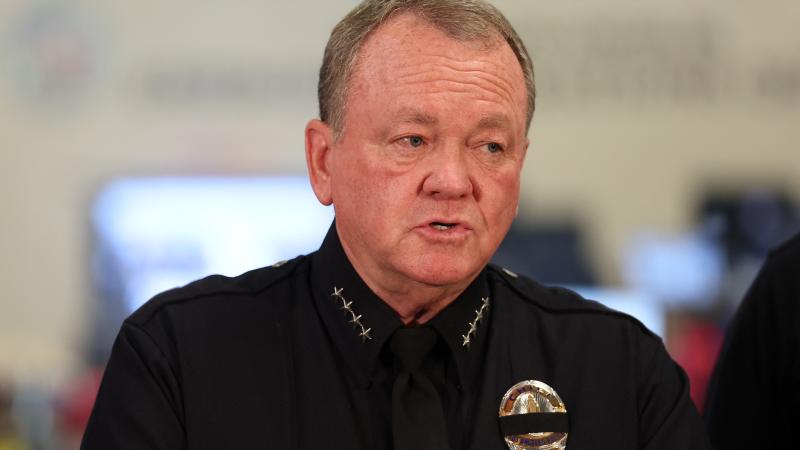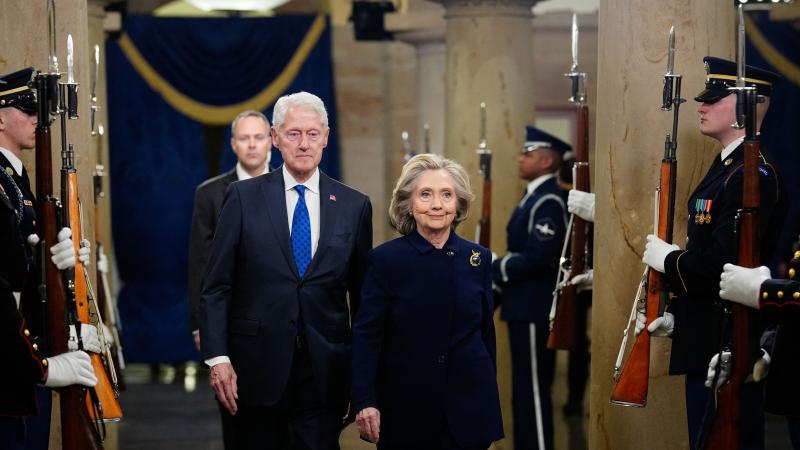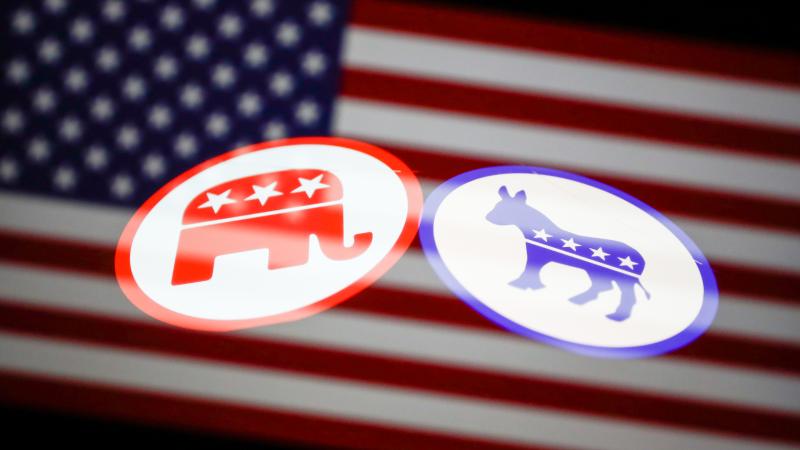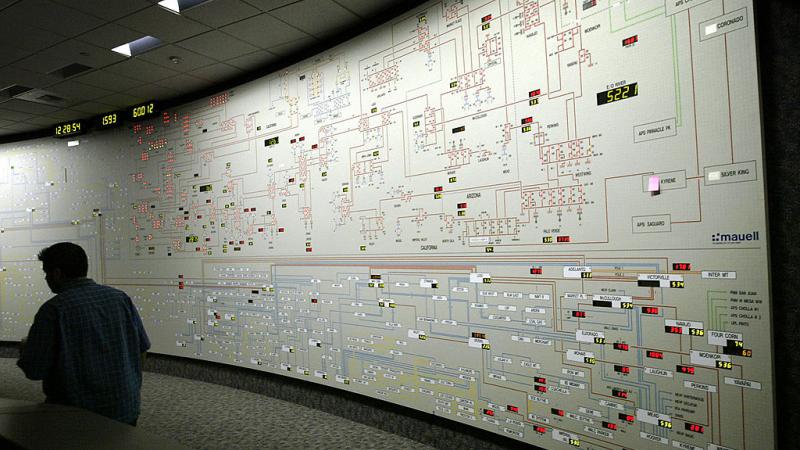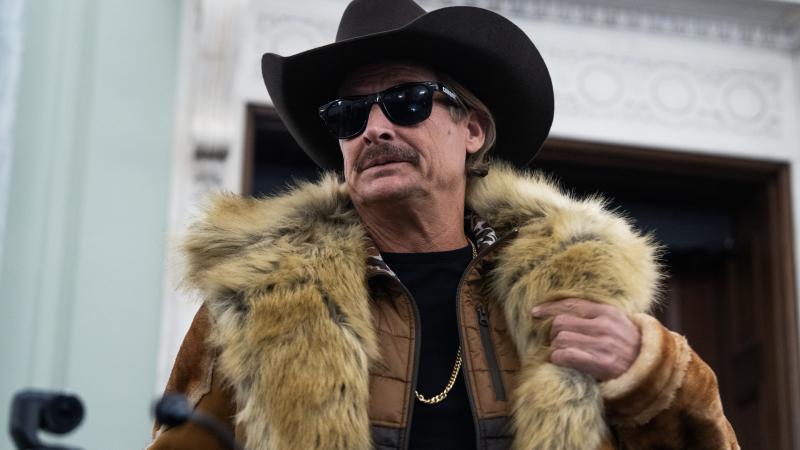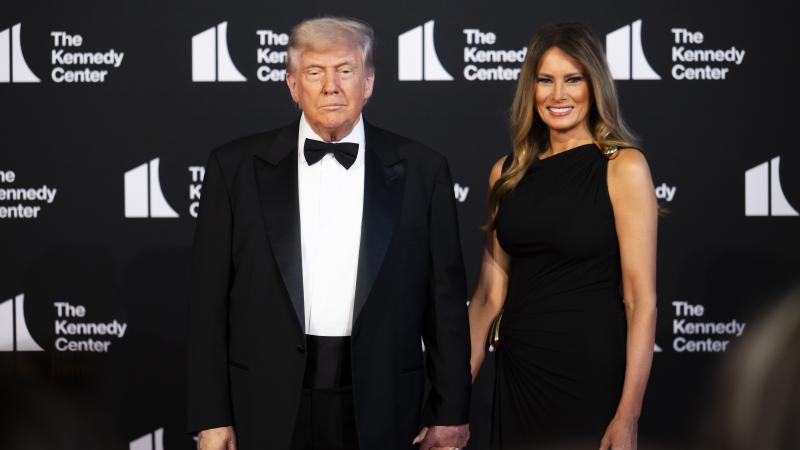Biden-Putin summit: high stakes proof that U.S. and Russia are not at war
The summit comes at the end of Biden's eight days with European leaders, and follows a series of tough exchanges with Putin.
As President Joe Biden continues the first overseas trip of his administration, the most-watched event on an intense schedule will be this week's summit with Russian President Vladimir Putin.
"Expectations for the Putin-Biden summit are rightly low," noted Catholic University history professor Michael Kimmage in a recent essay. "The stakes, however, are high," with relations between the U.S. and Russia at their lowest since the Cold War. "So twisted and uncertain has the relationship become now that it must be shown that Russia and the United States are not at war."
Biden and his wife, Jill, embarked June 9 for an eight-day trip to hold meetings with a European cast of heavy hitters: British Prime Minister Boris Johnson, leaders from NATO and the European Union, Queen Elizabeth; Turkish President Reccep Erdogan — and a one-on-one with Putin.
Biden and Putin on Sunday commented on different aspects of the much anticipated summit.
Biden told reporters in Cornwall why he would not join Putin, as Donald Trump did in 2018, for a dual news conference. "I always found, and I don't mean to suggest the press should not know, but this is not a contest about who can do better in front of a press conference or try to embarrass each other," Biden said. "It's about making myself very clear what the conditions are to get a better relationship are [sic] — with Russia."
The best approach, Biden said, was for the two leaders to meet, and then speak independently afterwards.
"I think the best way to deal with this is for he and I to meet, he and I to have our discussion," Biden said. "I know you don't doubt that I'll be very straightforward with him about our concerns and I will make clear my view of how that meeting turned out and he'll make clear from his perspective how it turned out. I don't want to get into being diverted by, did they shake hands, who talked the most, and the rest."
Speaking on Sunday in Moscow, Putin offered a glimpse of how he would counter at least one issue that Biden likely will raise, regarding cybercriminals.
Moscow is prepared to deliver such criminals to the United States, Putin said, but only if Washington reciprocates.
"If we agree on the extradition of criminals, then Russia will naturally do that but only if the other side, in this case, the United States, agrees to the same and will also extradite corresponding criminals to the Russian Federation," Putin said. He noted that cybersecurity is a key issue because "any disconnections of whole systems entail very grave consequences and this turns out to be possible."
The two leaders' comments follow a months-long series of tough exchanges. Earlier this year, Biden told a television interviewer that he believes Putin is "a killer," a comment Putin responded to with jabs about American society.
Biden has told Putin on the phone that the current administration believes Russia interfered in U.S. elections, and that Moscow is to blame for a far-reaching cyberhack that penetrated U.S. government systems. Each country has expelled some of the other's diplomats, and consulates have been closed — one of the results being a cutback in cultural exchanges between the two countries.
The upcoming summit will mark the first step of a longer process, Secretary of State Antony Blinken said.
"This is not a light switch moment," Blinken said during a Sunday talk show appearance. Biden will tell his Russian counterpart "we seek a more predictable, stable relationship, and if we're able to see that there are areas where it's in our mutual interest to cooperate.
"This is the beginning of testing that proposition, and Russia will decide by his actions which direction it wants to go in," Blinken said. "We'll see that play out in the months ahead."
Former National Security Adviser John Bolton expects the summit to bring a disappointing outcome for the United States
"I don't think Biden fully understands what his objectives with Russia are or how to achieve them," Bolton told NBC's Andrea Mitchell. "I don't think there's much for him to gain. There is a considerable downside. I think this meeting is premature."
The meeting on Biden's end likely would consist of checking off a series of items on a menu, Bolton said.
"Having a meeting where you just go down a list and check off, 'OK, we raised Russian election hacking, we raised Russian interference in the Donbass in Ukraine,' I don't think accomplishes much," he said.
One of Biden's discussion items is likely to be Putin opposition figure Alexey Navalny, who was poisoned under mysterious circumstances and is now imprisoned in Russia.
Possibly as a means to deflect discussion about Navalny, the Kremlin on Wednesday declared that Navalny's political organizations are extremist, and therefore are outlawed.
The Kremlin last week predicted that its relations with Washington will get worse.
"I assume further deterioration [of relations with the U.S.]," Foreign Minister Sergey Ryabkov said June 9 in Moscow. "We will exert maximum effort in order to prevent this because the risks are serious, and crisis management in our relations remains on the agenda."
Putin said on Wednesday that NATO expanded eastward when "relations between Russia and the collective West were quite satisfactory, if not partner-like in the direct, good sense of the word." During the expansions, Putin said, the West cared nothing about Russia.
"I do not want to use harsh words, but they simply spat upon our interests, and that's that," Putin said.
The tension is reason enough for Biden and Putin to meet, according to Kimmage.
"Biden's long-term goal should be to normalize U.S.-Russian relations," he wrote. "Simply by taking place, a Putin-Biden summit would help on this front, by suggesting that it is normal for Russian and American presidents to meet and meet often."
The White House sees the June 16 summit as key to maintaining an important relationship with Moscow.
"There is never any substitute for leader-to-leader engagement, particularly for complex relationships, but with Putin this is exponentially the case," National Security Adviser Jake Sullivan told reporters last week at the White House. "He has a highly personalized style of decision making, and so it is important for President Biden to be able to sit down with him face to face, to be clear about where we are, to understand where he is, to try to manage our differences, and to identify those areas where we can work in America's interests to make progress."
Moscow has cited similarities between this meeting and a decades-earlier summit between the heads of the United States and the Soviet Union.
"Historic parallels can be drawn as Soviet leader Mikhail Gorbachev had a meeting with U.S. President Ronald Reagan in the same location, Geneva, in November 1985," officials wrote in the Kremlin news outlet, Tass.
The parallel provides insight into what Moscow hopes to gain from the forthcoming summit.
"Ahead of the upcoming highest-level meeting, experts of both countries are calling on Putin and Biden to reaffirm the statement by Gorbachev and Reagan about the inadmissibility of nuclear war and launch a regular dialogue on strategic stability," Kremlin officials wrote.
The summit between Biden and Putin commences on Wednesday at the Villa LaGrange, on the shores of Lake Geneva.


